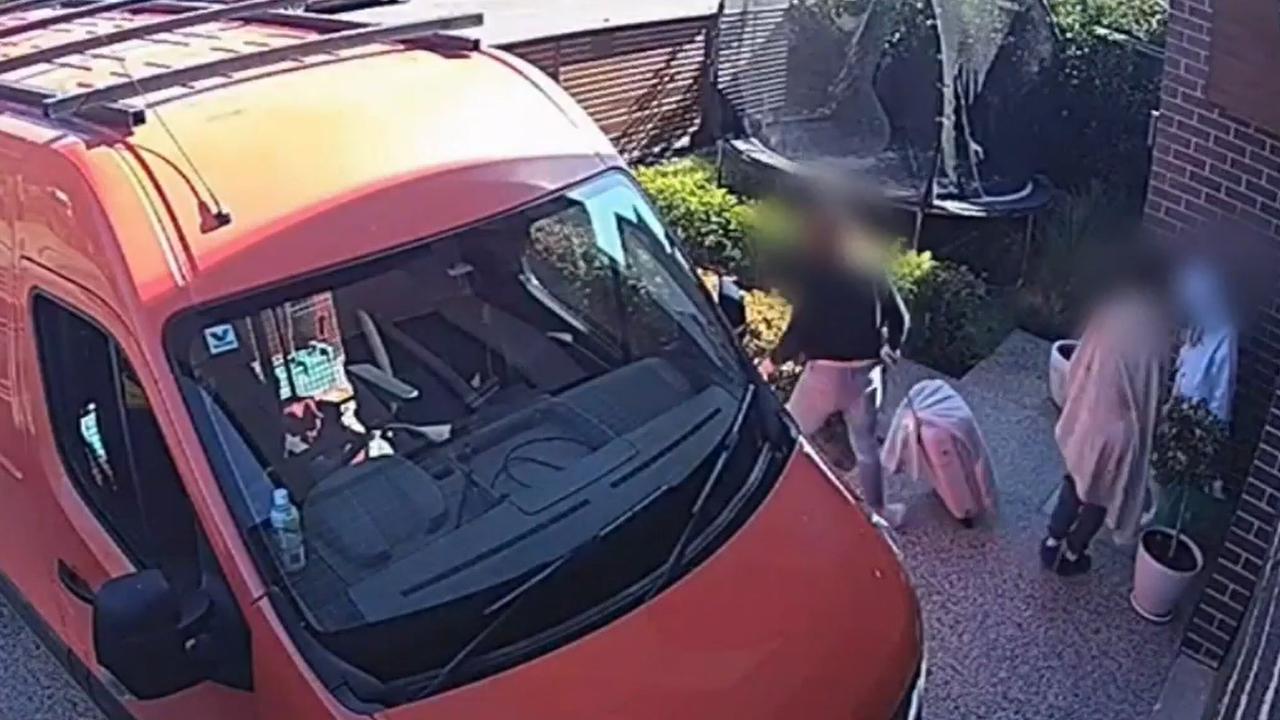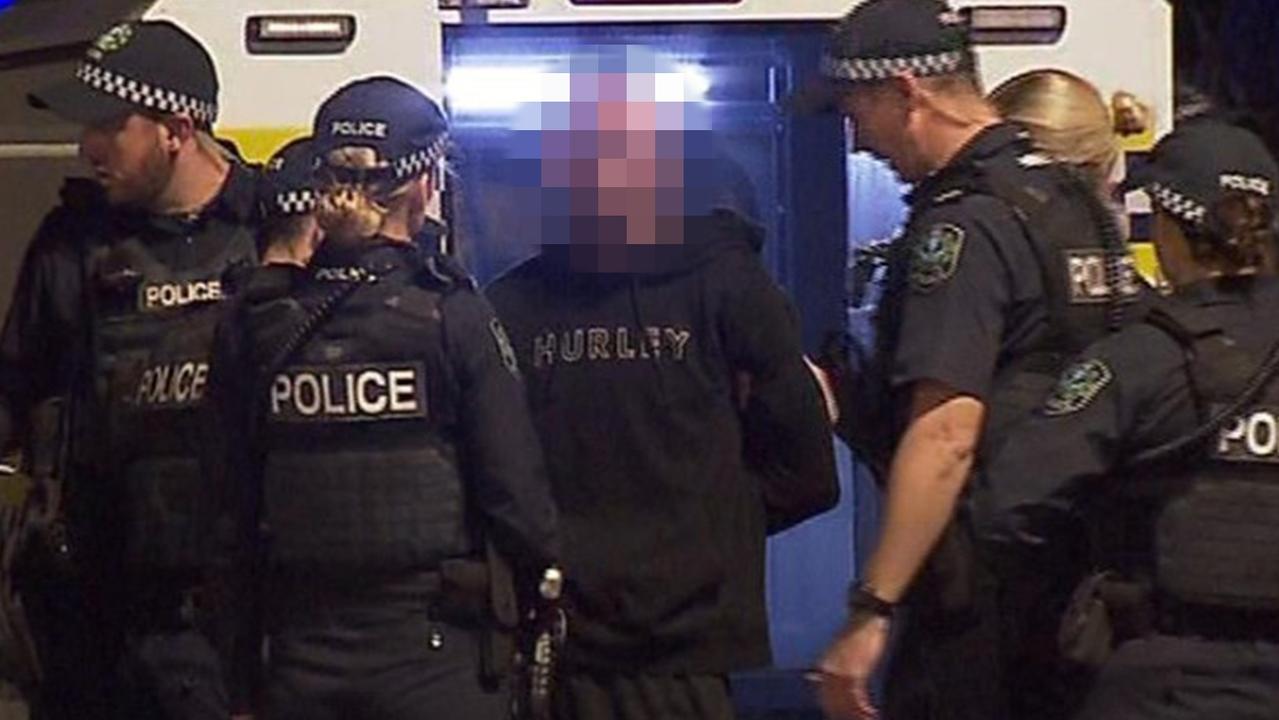New proposed laws would see criminals who recruit children to commit crime face harshest penalties in country
Criminals recruiting kids to do their dirty work would face the harshest penalties yet under new proposed laws.
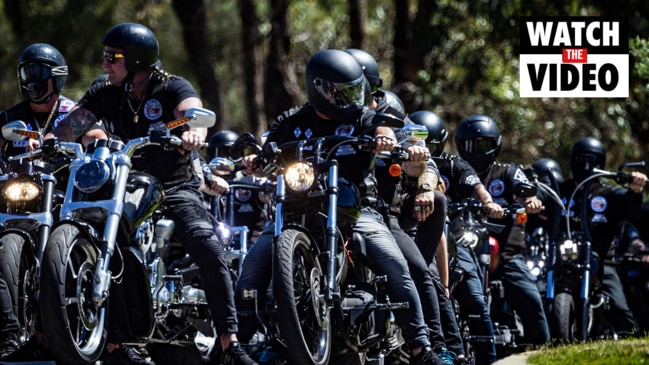
Police & Courts
Don't miss out on the headlines from Police & Courts. Followed categories will be added to My News.
Criminals who recruit children to commit crime would be prosecuted as if they had engaged in the illegal activity themselves under new proposed laws.
The proposed legislation would also see individuals older than 21 who try to recruit children to commit crime face a maximum penalty of 15 years imprisonment regardless of whether or not the child commits the crime.
The penalty, which would be the toughest of its kind in the country, would be applied under a new offence created under the legislation.
It comes after The Advertiser this month revealed outlaw motorcycle gangs the Comanchero and the Hells Angels were recruiting warring KBS and 051 youth gang members to work as foot soldiers in their drug trafficking operations.
Alongside the proposed legislation, the state government has released a new discussion paper proposing the age of criminal responsibility be raised from 10 to 12 except for serious offences including murder, manslaughter, causing serious harm and rape.
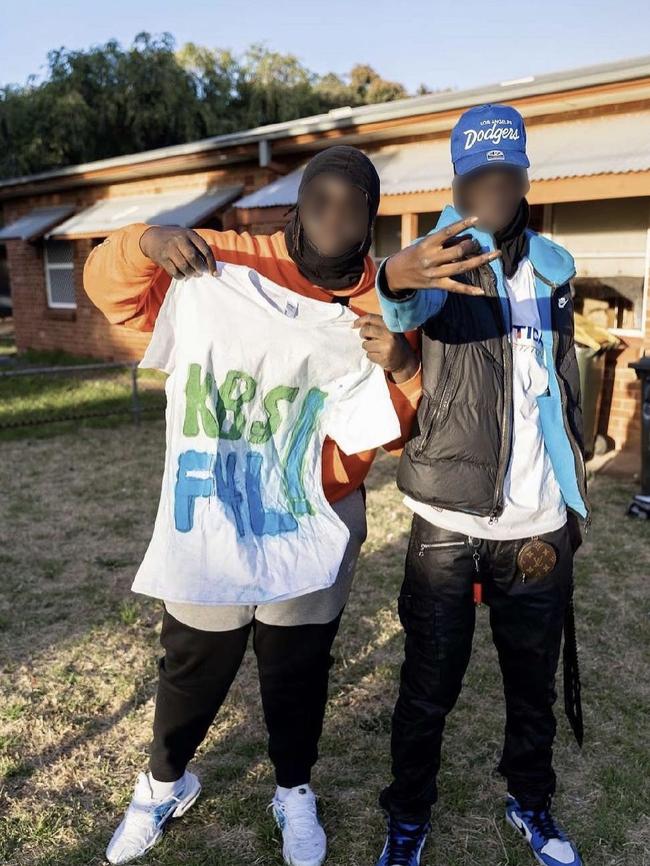
Where they engage in other dangerous or harmful behaviour, children would be entered into a diversion model which would include early intervention programs and meditation sessions.
More intensive supports would be put in place if serious behaviour continues.
Children under 12 could be prosecuted if they continue to engage in behaviour that would constitute a serious crime despite the interventions.
Police would retain the ability to interview, take samples from, and temporarily detain those children.
Mr Maher said the harsh penalties would “send a message to those who may try to circumvent the law by getting children to do their dirty work”.
“We are ensuring that those who seek to exploit kids for illegal purposes can feel the
full force of the law, by changing the law about accessory liability and establishing a
new criminal recruiting offence – the toughest anywhere in the country,” Mr Maher said.
Mr Maher said getting the support in place to divert young people “before they become a permanent fixture in the system will ultimately enhance community safety by addressing the root causes and preventing future offending”.
Mr Maher said the state government did not yet have a position on raising the age of criminal responsibility.
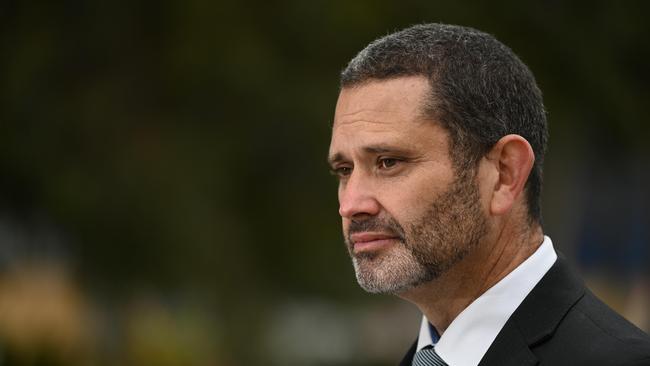
“The evidence shows that the safety of the community is jeopardised when we put
vulnerable children into the criminal justice system, making them more likely to
reoffend as young people and graduate to adult offending,” Mr Maher said.
“We know that when a young person has contact with the criminal justice system,
they’re more likely to become entrenched in the criminal justice system, leading to a
cycle of recidivism that is rarely broken.
“At the same time, though, there will always be cases where young people simply
won’t be able to engage with that process.
“This is why the proposed model allows for prosecution in serious cases and those where diversionary programs have failed.”
Victims’ Rights Commissioner Sarah Quick said victims said supporting young people was in the interest of both victims and the broader community.
“This is a model that allows for very seriously offences to be treated appropriately,” Ms Quick said.
Mr Maher said there was no expected timeline on when the age of criminal age of responsibility may be raised.
He urged South Australians to submit their opinion on the proposed raising of the criminal age of responsibility online at YourSAy.



